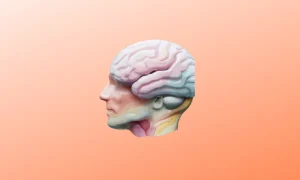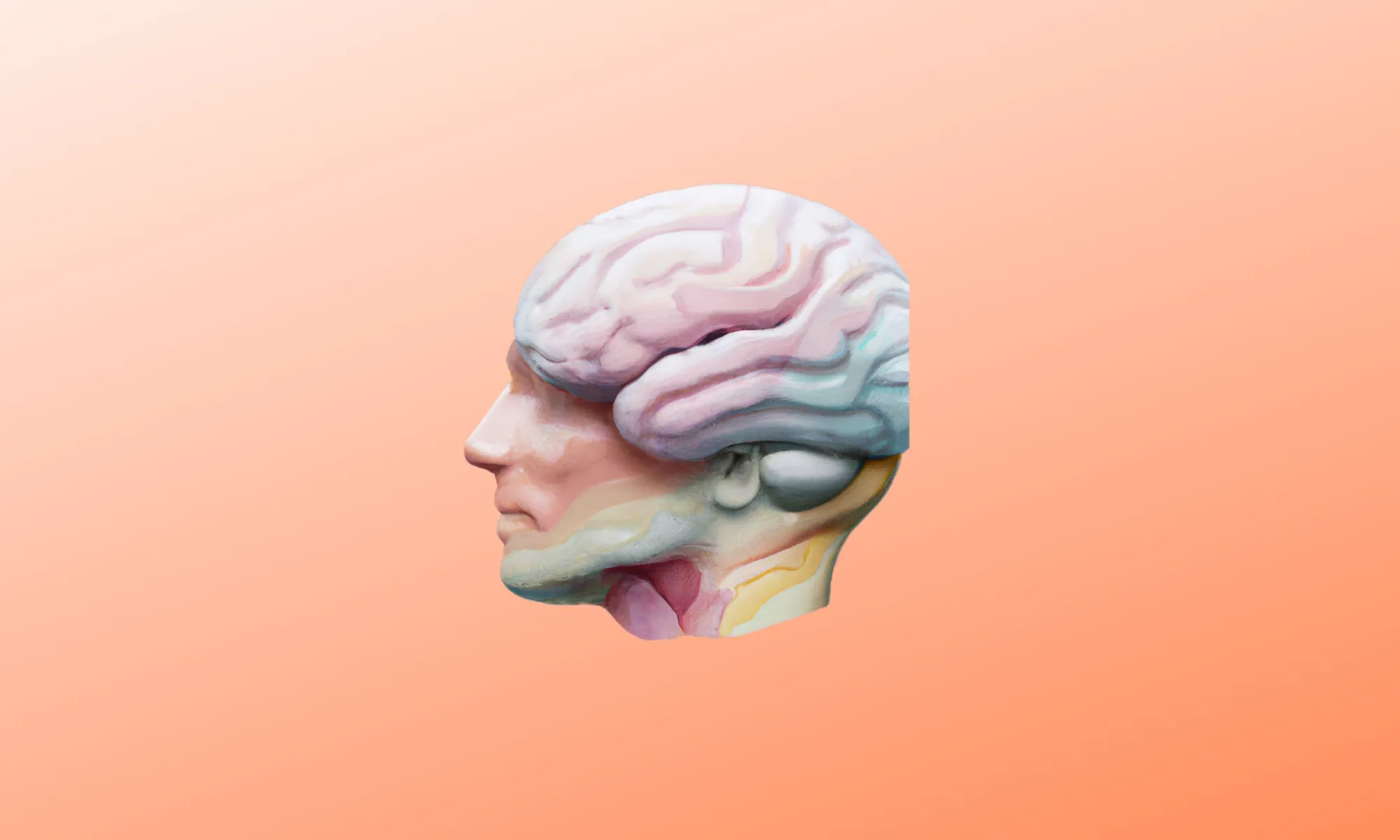Introduction
Schizophrenia is a chronic mental health condition that significantly impacts how individuals think, feel, and behave. Early identification of the early symptoms of schizophrenia can pave the way for timely interventions and better outcomes. This blog explores seven key early symptoms of schizophrenia, offering insights into their manifestations and the importance of professional help.
What Is Schizophrenia?
Schizophrenia is a complex disorder characterized by disruptions in thought processes, perceptions, and emotional responsiveness. Though it can manifest in different ways, recognizing its early signs can make a crucial difference in managing the condition effectively.
For further information, refer to authoritative resources like the National Institute of Mental Health (NIMH) and MentalHealth.gov.
For individuals seeking treatment for Schizophrenia, consider consulting qualified mental health professionals such as:

1. Social Withdrawal
One of the earliest signs of schizophrenia is withdrawing from friends, family, and social activities. People may feel disconnected or isolated, preferring to spend time alone. This behavior, a common early symptom of schizophrenia, is often mistaken for shyness or introversion, delaying proper diagnosis.
2. Difficulty Thinking Clearly
Individuals may experience challenges in focusing, problem-solving, or organizing their thoughts. This symptom, another early symptom of schizophrenia, is often described as “brain fog,” where the person struggles to think coherently or express themselves effectively.
3. Unusual or Suspicious Beliefs
Early schizophrenia may manifest as paranoia or unfounded mistrust. Individuals might believe others are plotting against them or that they are being watched. Such early symptoms of schizophrenia can initially be subtle but tend to intensify over time.

4. Emotional Flatness or Inappropriate Emotions
Changes in emotional responses are another key indicator of the early symptoms of schizophrenia. A person may appear emotionless, showing little or no reaction to situations that would typically evoke strong feelings. Alternatively, they might express emotions that seem out of place.
5. Decline in Daily Functioning
Neglecting personal hygiene, losing interest in work or school, and a general lack of motivation are common early symptoms of schizophrenia. This decline often stems from cognitive and emotional impairments associated with the disorder.
6. Hallucinations and Perceptual Changes
Hallucinations—hearing voices or seeing things that aren’t there—can begin subtly. These experiences, characteristic of the early symptoms of schizophrenia, are usually unsettling and can make the individual question reality.
7. Sleep Disturbances
Changes in sleep patterns, such as insomnia or excessive sleeping, often accompany the early symptoms of schizophrenia. These disruptions can exacerbate other symptoms, contributing to a cycle of worsening mental health.

Why Early Recognition Matters
Identifying the early symptoms of schizophrenia is essential for seeking professional guidance and support. Delayed diagnosis often leads to increased challenges in managing the condition effectively. If you or someone you know exhibits these symptoms, consult a licensed mental health professional promptly.
For additional resources, visit SAMHSA (Substance Abuse and Mental Health Services Administration) or NHS.
Tips for Supporting Someone with Early Schizophrenia Symptoms
- Encourage Communication: Open and non-judgmental dialogue can help them feel supported.
- Educate Yourself: Understanding schizophrenia can enable you to provide informed support.
- Seek Professional Help: Encourage them to consult a mental health expert.
- Be Patient: Recovery is a gradual process, requiring understanding and persistence.
Conclusion
Recognizing the early symptoms of schizophrenia can significantly impact the course of the condition, enabling early interventions that improve long-term outcomes. With proper awareness and timely action, individuals can lead fulfilling lives and manage their symptoms effectively. It is essential to create an environment that fosters understanding and eliminates the stigma surrounding mental health disorders like schizophrenia.
Support from family, friends, and mental health professionals plays a vital role in recovery. Additionally, advocating for better mental health resources and educating communities about the condition can ensure that individuals receive the care they deserve. For more information, explore resources from the CDC Mental Health and the World Health Organization (WHO).

